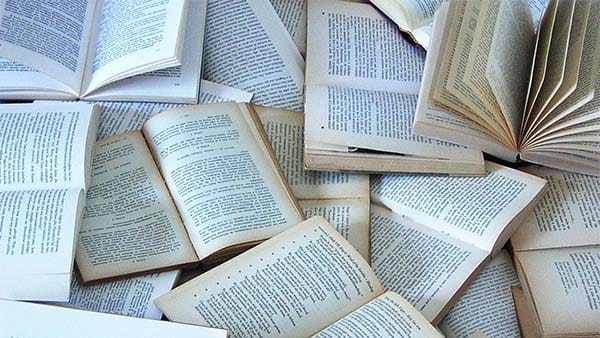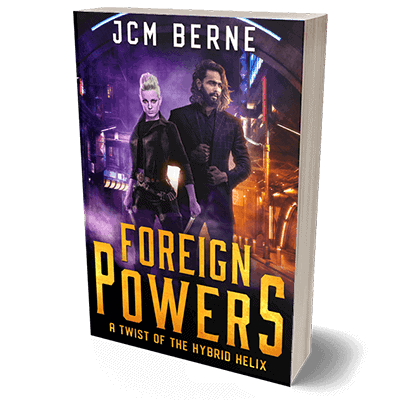I often like to differentiate books (and other media, including movies and TV shows) based on a couple of notions.
There are enjoyable books and good books (and some that are both, or neither).
There is no universally accepted definition of what makes a book ‘good’ in this sense and I’m not going to try to give you one. But, as an author and philosopher, it’s something I think about. And I can’t, in the end, define ‘good.’ I’m not even sure others would use the same word the same way – I keep thinking about Zen and the Art of Motorcycle Maintenance and quality.
Since I can’t define what I mean by ‘good’ in any simple way, I’m just going to describe the qualities that good books have, and hopefully you’ll understand what I’m trying to say.
Note that I’m not saying that EVERY good book does ALL of these things. I am saying that EVERY good book does some of them.
A Good Book must be Original
This might be the only criterion that is required for a book to be good. If a book is derivative and doesn’t present (at least some) new things done in new ways, it might be fun but it won’t be good.
Don’t take this too far. I don’t mean that a good book must be nothing but brand new ideas. It can (and almost always does) borrow a lot of elements from other books or stories. That’s fine! But a good book must have something new and original about it.
Since I’m a philosopher by training, I can anticipate some of the thought experiments you might be doing. What if someone finds an unknown masterpiece of a book and makes a derivative work off it? Might their book not be considered good?
The answer is: yes, we might think that derivative book is good, but only because we don’t know about the original. And if we found the original, we’d all say, the original was good, the derivative work was not. So that’s an epistemological issue, not a literary (or aesthetic) one.
Good Books usually have Complex Meaning
Good books usually have layers of meaning. They use symbolism, representation, and other literary tricks to convey meaning in non-simple ways. Think of a technical manual – it does the opposite – every word there should have a precise and persistent meaning. Good books often require a lot of thinking for the reader to fully understand everything the author was trying to convey. And in the end good books are almost always somewhat ambiguous and open to interpretation—intentionally so.
Good Books usually contain Pretty Prose
Good books are (usually) especially well-written. They’ll use clever turns of phrase, interesting and precisely-chosen words to convey meaning, and in general do things at the sentence level that can make you marvel.
Good Books often Teach Lessons
Good books often help us understand the world in a new way (or understand something new about the world). They may teach moral lessons or give us insight into other people. When we finish these books we feel as though we know something we didn’t know before (even though it is often very hard to articulate exactly what that is).
Good Books usually elicit Strong Feelings
Good books usually make us feel strong things. That doesn’t mean those feelings are always pleasant or what we’d normally consider enjoyable. Good horror makes us scared or uncomfortable. Good adventure makes us feel excited. Good science fiction and fantasy make us feel a sense of wonder or awe.
I might add more qualities to this list as I think of them.
Let me repeat myself: I’m NOT saying that every good book does everything on this list. I am saying that every good book does some of them. ‘Bad’ or less-good books do fewer of these things, and do them to a lesser extent. There is no clear dividing line here. Some books are very good, some are great, some are trash, and some are in the middle.
What about important books, Joe?
There is another quality books can have, which is importance. Some books have an impact on society, by shedding light on some issue or another. Others have an impact on literature, by launching a genre or reinvigorating another. I prefer to distinguish important from good (some important books are good, but it’s not necessary). I likely won’t discuss important books very often because, frankly, it’s not my personal interest.
Can you name some good books?
I don’t want to even try to give you a list of canonically good books. Whatever your English teachers made you read in high school are probably good. The books any literature professors talk about, the ones that win awards from other authors, those are usually good. And you are free to argue, and say, ‘this particular book is called good but it really isn’t.’ That’s fine with me. But I think if you want to make that argument the form of it has to be that the book does not, in fact, do the things I listed above.
Feel free to mention good books in comments!



0 Comments